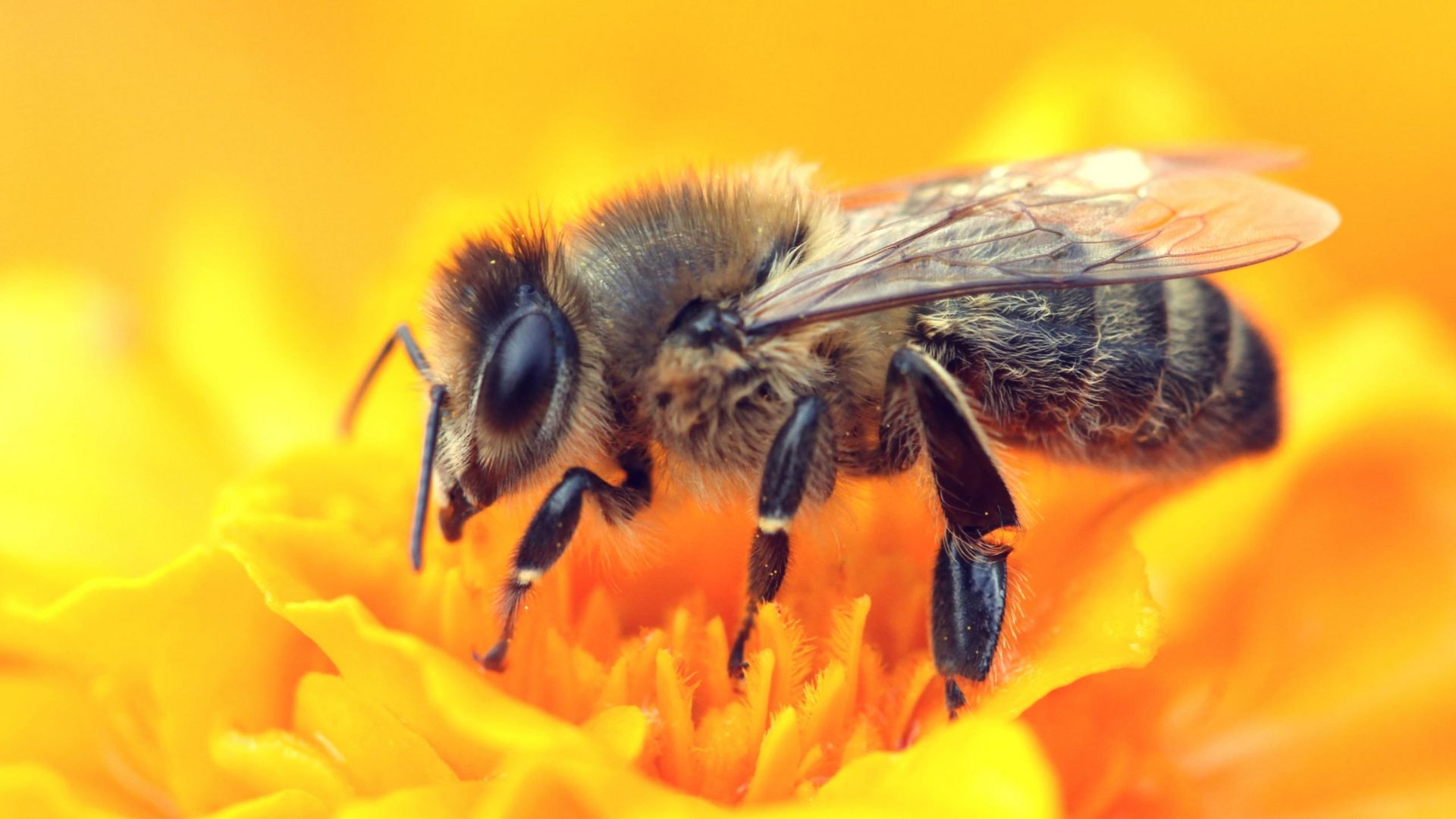As the global community celebrates World Bee Day, Goa is witnessing a renewed effort by both locals and the state government to combat the alarming decline in its bee population. World Bee Day, observed on May 20, highlights the importance of bees and their crucial role in our ecosystem.
Local Efforts to Save Bees in Goa
In Aldona Market, Savio D’Cunha, a passionate apiculturist, showcased a glass-lid box buzzing with stingless Trigona bees. These bees, despite their small size, play a vital role in pollination, flying thousands of miles to collect nectar. Savio, advocating for the preservation of bee habitats, lamented the destruction of vegetation in Goa, which has led to a decline in bee populations.
Savio, along with other local apiculturists, emphasized the significance of various bee species in Goa, including Apis Dorsata, Apis Florea, and Apis Cerana Indica. He highlighted the medicinal value of the rare honey produced by stingless bees, particularly from the karvi flower that blooms once every eight years.
Government and Community Initiatives
The state government and local communities are making concerted efforts to encourage beekeeping. Father Michael D’Costa from Don Bosco Vocational Training Institute in Quepem organizes one-day beekeeping workshops to educate and train locals. Savio D’Cunha also sells bee boxes to promote beekeeping, while P Shaliyo, a beekeeping master trainer, stresses the importance of bees in boosting crop yields and advocates for planting more pollen and honey-yielding plants.
The Bardez Beekeepers Society, led by President Allwyn Sequeira, aims to increase its membership from 100 to 1,000 by 2030, demonstrating a growing interest in apiculture.
Global Perspective and Urgent Need for Action
According to the United Nations, bees are under significant threat worldwide, with species extinction rates 100 to 1,000 times higher than normal due to human activities. The Food and Agriculture Organization (FAO) estimates that bees and other pollinators contribute between $235 billion and $577 billion to annual global food production through pollination.
World Bee Day Significance
World Bee Day, designated by the UN, coincides with the birthday of Anton Janša, a pioneer of modern beekeeping from Slovenia. This day aims to raise awareness of the importance of pollinators, the threats they face, and their contribution to sustainable development.
Bee Facts:
- The honey bee is the only insect that produces food for humans.
- A honey bee can fly up to 15 miles per hour and visits 50-100 flowers in one trip.
- A pound of honey is made by 2 million flower visits, with bees flying 55,000 miles back and forth.
- A honey bee worker makes an average of 1/12 of a teaspoon of honey in her lifetime.
- One ounce of honey can fuel a bee’s flight around the world.
- Honey bees beat their wings 11,400 times per minute, creating the buzzing noise.
- An average hive has 50,000 to 60,000 worker bees.
As efforts continue in Goa and around the world, the message is clear: protecting bees is crucial for our environment, food security, and biodiversity.























